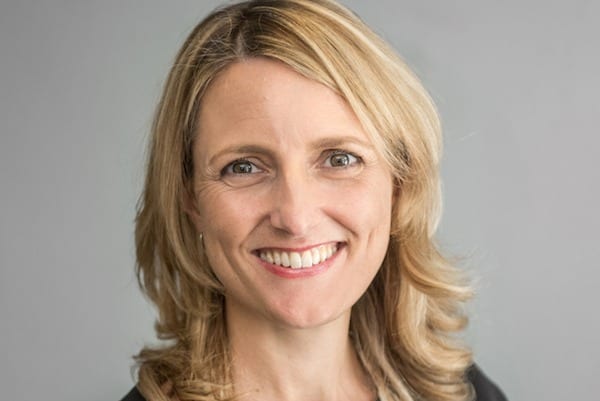I worry if I’m doing enough to help them, meet their needs and expectations, to keep the wheels turning, constantly. Despite years of feedback from my husband “you care too much” – I’ll admit it, I’m addicted to caring and it’s a problem.
As another year comes to a close, I’m reminded that I’m exhausted of caring. And I’m not alone.
Much of my coaching conversations with busy working parents centres around how much caring they’re doing for others: their work, their boss, their kids, their partners, friends and even people they don’t know well. Why? Because they feel a deep sense of responsibility to look after everyone and everything in their lives.
The question is, what is the impact on ourselves when we care too much?
I see mums and dads going above and beyond – without a blink of an eye – going the extra mile to put in, help out, be there, be present, do good and ultimately put themselves last . . . because that’s what they believe is the right thing to do. But what time is left for self-care?
What happens when you care too much and caring fatigue kicks in?
Apathy, broken relationships, shattered expectations and emotional and physical collapse – sound familiar?
If you’re a self-confessed ‘over-carer’, perhaps it’s time to redefine your idea of what real care is and, most importantly, evaluate what you’re doing to fill your own bucket.
Caring fatigue didn’t just appear in my life when my children came along. I realise looking back I’ve always found it a challenge to manage my emotional attachment to outcomes that impact others. In my twenties, I was perpetually worried about making sure people were always satisfied; no more than that. I wanted them to be really happy with their interactions with me and how I was helping them. I wondered if I made a difference to their life? How did I make them feel? What value did I add? Anything less than a positive answer to these questions was a ‘fail’. I’d spend hours and days trying to figure out how I could make it better.
Someone once said to me, “Emma, not everyone wants your help, nor is asking for it!”
In that moment I realised I was overstepping in the helping department and for some it was overwhelming, unnecessary and frankly annoying and worse, patronising. Others sucked in up, taking every ounce of caring I could give and I became resentful.
My caring colleague recently sent me a compassion fatigue article, with no message attached, there was none needed. So here I am, writing this article as a reminder to myself more than anyone else, that caring starts with you.
Tips to help avoid caring fatigue
- Set your boundaries and stick to them. If you don’t, you run the risk of becoming resentful or heading down the path of martyrdom. Only do what you are capable or want to do.
- Reassess you ‘caring definition’. Saving someone from their woes is not caring – it’s actually disempowering because you are not allowing them to come to their own understanding of what is going on for them. If you hold a space that supports them to tap into what it is they need or want, you’re essentially saying to them ‘you are more powerful and equipped to handle this than you realise in this moment – you got this babe and I’m here by your side’.
- Create a time every day to make your own to do list that has what you need on it prioritised, not just what others need from you.
- Plan regular breaks – yes holidays are not a luxury, they’re essential. Holidays don’t need to be expensive, you don’t even need to leave your house, but it’s about switching off from what others need from you and giving yourself space to care for yourself more too.
- The fact is most Australians don’t take their full annual leave entitlements – ‘use it or lose it’ I say. Why not take a day just for you? (Note: be weary of the ‘to do’ list temptation. Guilt about what ‘I should’ be doing is not caring!)
- Ask for help and accept help. No man (or woman) is an island. We all need input, support, ideas, positivity, energy and love from others to grow and sustain us. The most notorious over-carers I know never ever ask for help.
- Be conscious of who you’re spending time with – who gives you energy vs who takes it and how much time are you spending with people or on tasks that drain you.
- Get into the habit of focussing on what you have done in a day, not what you haven’t achieved. Let’s be real, a day’s work is never done, so why do we kid ourselves that if we just over-care that little bit more or do one more thing before we go to bed that we’ll have completed everything. It’s impossible!
So as the year comes to a close, do yourself a caring favour and reflect on the caring you’ve done this year and how you’re going to look after yourself next year so you can keep giving in a way that is sustainable for you and your family – I will be.


